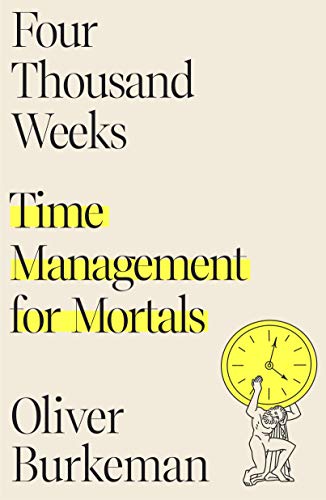At about the time, as a child, I learned my parents could die at any minute (and so could I, but that was beside the point), I became obsessed with time, especially since I learned it passes. And that there were ways to spend it, save it, hoard it, if you will. As an adult, this obsession continues, not just hacking it into hyper-productivity, but also the numberliness of time seemingly at odds with its liquid and flexible nature. Like, why did seconds seem to take forever while counting them out, but then the days of a school vacation went flying by, the way in the movies how the pages of a calendar would be ripped out by an invisible wind? This obsession has not slowed. As an academic, I still study time, including at a medical conference, where I half marveled, half cringed at rat neuronal cells firing in time to finish a sequence in a musical rhythm—neurons divested from a dead rat’s brain could yet keep time.
There are also non-numerical ways to mark time. Like the word breakfast. You’re breaking a fast, not like some disciplined monk but by the large accumulation of hours that happen when one is asleep.
I went to a party, an indoor one, my first, just this week. Hesitantly, then more enthusiastically, hugging my friends, it felt like break-quarantine. But on more reflection, breakfast is just one way we mark time in a repetition of normal days. What is happening now, post-vaccination but with a number of scary variants still circulating, reaching 800,00 dead just this week, is not a return to normal.
Nothing has broken and distorted time in recent history more than Covid. At the party, we marveled at the initial lockdown, some of us going into it thinking it would last a week or two. The weeks when we were too terrified to even go outside seem a lifetime ago, but also yesterday. My cousin’s family all got Covid in March 2020 (she’s a nurse); her husband had to be hospitalized, then put on a ventilator. I’ll never forget how time became completely like static, cleared out only phone call to phone call, text to text, wondering if he was going to make it—for a month.
Maybe Covid makes amnesiacs of us all, but I received the book Four Thousand Weeks amidst a bunch of books I do remember ordering. Or maybe I was so harried multitasking (which generally means you do nothing well and things slip), I unmindfully ordered it. Maybe I was so unmindful I ordered it by mistake. The title alone, Four Thousand Weeks, sounds so Malcolm Gladwell-esque, not my reading style.
Four Thousand Weeks goes far beyond the “time is a social construct created largely for industrial-era purposes” concept. What’s lovely about this book is, well, that it takes its time; it posits what seems like a truism, but then examines it, and pivots unashamedly back. Probably most shattering to my childhood ideals is a convincing treatise on how time actually can’t be saved, banked, spent, and the big one that launched a thousand Bullet Journals—managed—the way we are culturally brought up to believe. Or, how avoidance makes everything thing worse. Letting go to be present to the experience (as Buddhists know) doesn’t make pain less painful, but it makes suffering less so. Or how procrastination is healthy….but also not! But it’s also kind of good and serves a purpose. But it is also a kind of avoidance.
You get the idea.
But of course this book never stays in one place, and just after telling us all the hints and hacks and rules are bunk, there is at the end, almost like a hints column—but it tells you over and over again there’s no secret.
This is, to me, a favorite kind of book—one that demands a slow and careful read, includes history and philosophy, and along with insights spawns more questions, as Mary Oliver once asked, “What is it you plan to do with your one wild and precious life?” Only you have the answer for that. And life will continue on, even if basically unlived. But that you are reading this right now means you have chosen to do it, and maybe you will want to read the book as well.
More from A Year in Reading 2021 (opens in a new tab)
Don’t miss: A Year in Reading 2020, 2019, 2018, 2017, 2016, 2015, 2014, 2013, 2012, 2011, 2010, 2009, 2008, 2007, 2006, 2005










